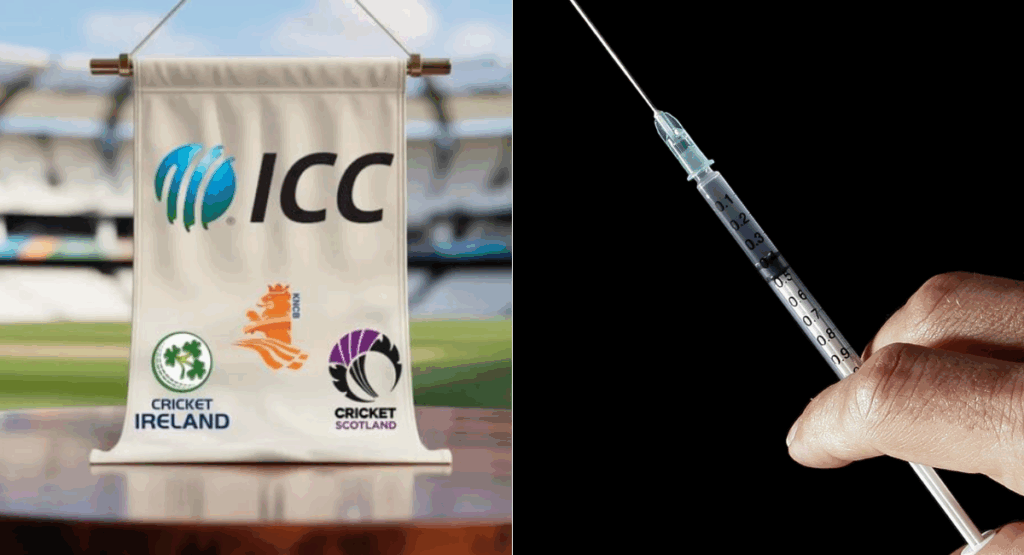
Cricket thrives on integrity and fair play. To protect these values, the ICC’s Anti-Doping Code sets clear rules for players. It ensures the sport remains clean, safe, and competitive. Therefore, every cricketer must understand these rules to compete fairly and responsibly.
The ICC’s Anti-Doping Code adheres to rigorous guidelines that align with the standards set by the World Anti-Doping Agency (WADA). It prevents players from using banned substances and methods that could give them an unfair advantage. Moreover, it protects players’ health and preserves fairness in the game. The ICC conducts testing at any time during tournaments or outside of matches. Consequently, players must always adhere to these rules.
ICC Anti-Doping Rules Every Cricketer Must Follow
1. Strict Liability Principle
Under the strict liability rule, players take full responsibility for everything they consume. If testing detects a banned substance, the player faces consequences, even if the intake was accidental. Therefore, players must carefully check all medicines, supplements, and treatments. Ignorance does not excuse violations, and the ICC may impose sanctions, including suspensions or fines.
2. Prohibited Substances and Methods
The ICC is responsible for enforcing the WADA Prohibited List, which gets updated annually. This list outlines the substances and methods that players are prohibited from using. Some substances enhance performance, while others harm health. Consequently, players must regularly review this list to avoid accidental violations. Doing so also ensures they make safe and informed decisions about their health and training supplements.
3. Doping Control Procedures
The ICC has the authority to choose players for surprise doping tests at any moment. During these tests, players provide urine or blood samples under strict supervision. Testing occurs fairly, securely, and accurately. Furthermore, it can happen during matches, practice sessions, or even at home. Players who refuse or fail to comply with testing face serious penalties.
4. Therapeutic Use Exemptions (TUEs)
Sometimes, players need banned substances for medical reasons. In such cases, they must apply for a Therapeutic Use Exemption (TUE). This process allows them to use the medication legally while maintaining fair play. Importantly, players must submit proper documentation and receive approval before using the substance. As a result, the TUE system ensures player health without compromising cricket integrity.
5. Supplement Caution
Many supplements contain hidden banned substances. Therefore, players must exercise caution when using vitamins, protein powders, or energy boosters. They should consult team doctors or certified medical professionals before consumption. Additionally, checking ingredients against the Prohibited List helps prevent accidental violations and protects their careers.
6. Reporting Obligations
Players also must report suspicious anti-doping activity, including knowledge of banned substance use by teammates or staff. Doing so helps preserve cricket’s integrity and ensures fair competition. The ICC provides secure reporting channels, which maintain confidentiality and protect whistleblowers. Consequently, players contribute to a safe and transparent sporting environment.
Resources for Cricketers
To help players out, the ICC has introduced the ICC Integrity App. The app provides access to the latest Prohibited List, sample collection procedures, and educational materials. In addition, it allows players to report concerns safely and stay updated on anti-doping rules. Therefore, continuous learning empowers players to make informed choices and avoid violations.
In conclusion, every cricketer must follow the ICC’s Anti-Doping Code. By understanding these rules and acting responsibly, players protect their careers and maintain the spirit of cricket. At its core, clean cricket isn’t merely a set of rules; it’s a promise to uphold fairness, integrity, and the future of the sport.

